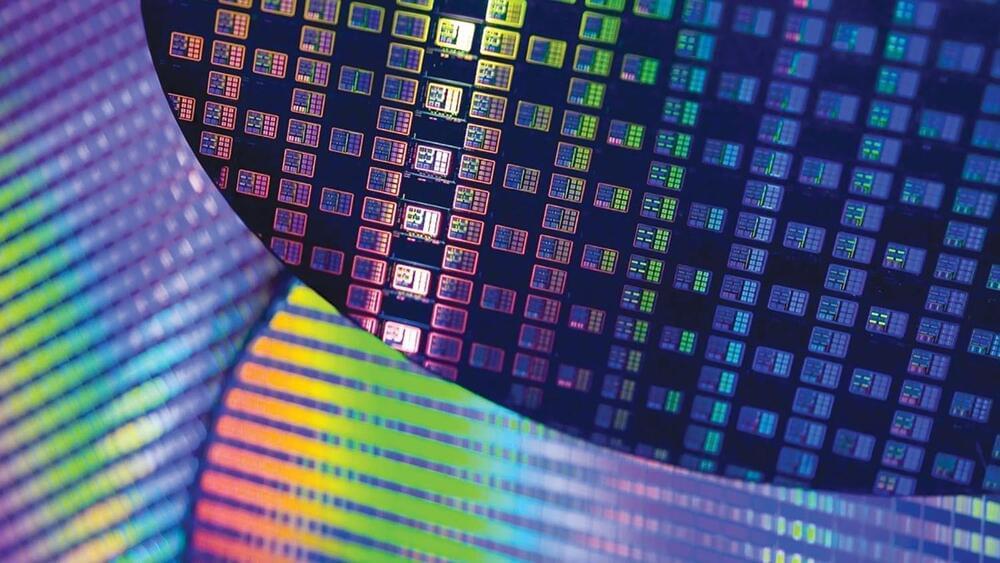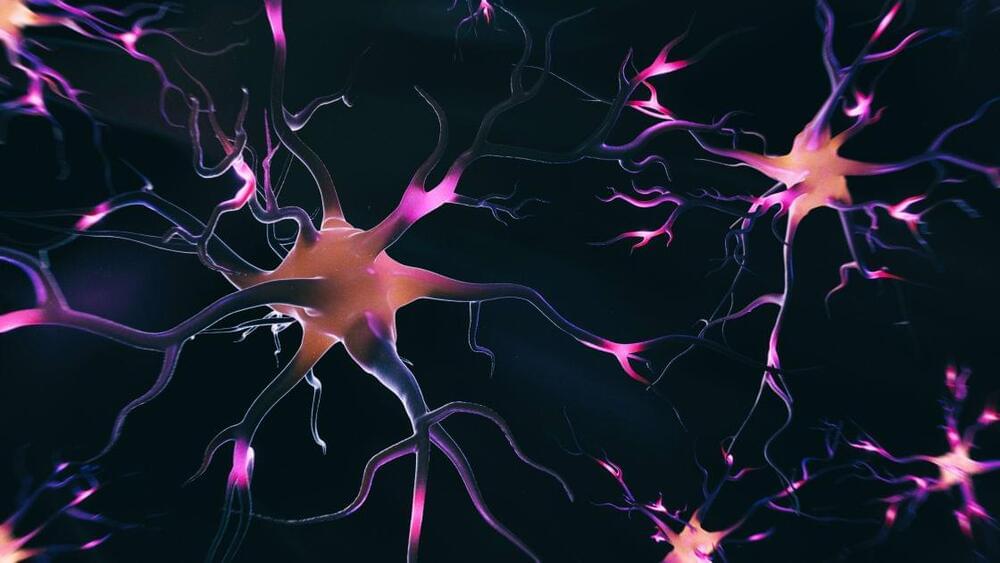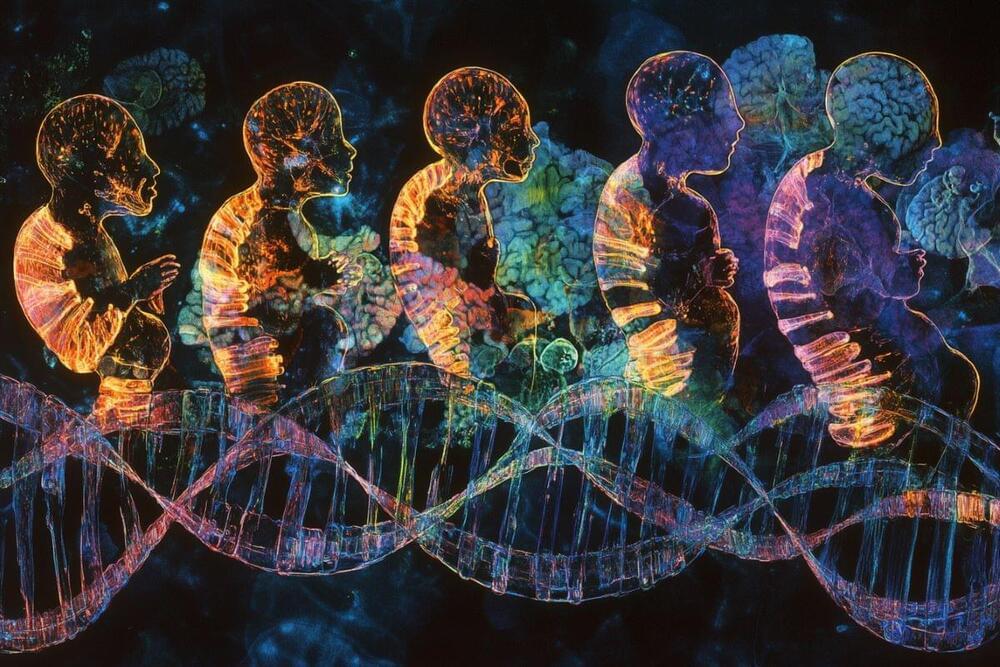
NVIDIA is rumored to ditch TSMC’s 2nm process, and instead turn towards Samsung Foundry, given the high costs associated and the Taiwan giant’s growing influence in controlling prices.
NVIDIA & Other Tech Giants Now Focused On Diversifying 2nm Supply China, Including Partners Other Than TSMC
Well, TSMC’s 2nm superiority might be jeopardized here, as mainstream industry clients are now looking towards alternatives. In a report by Ctee citing South Korean media, NVIDIA and others are already in discussion to move away 2nm orders from the Taiwan giant, and shifting it to the likes of Samsung Foundry, given that the parties involved believe that 2nm costs are way too higher for adoption right now. With TSMC being the sole “credible” supplier, the firm is using this stance to control the prices.

















